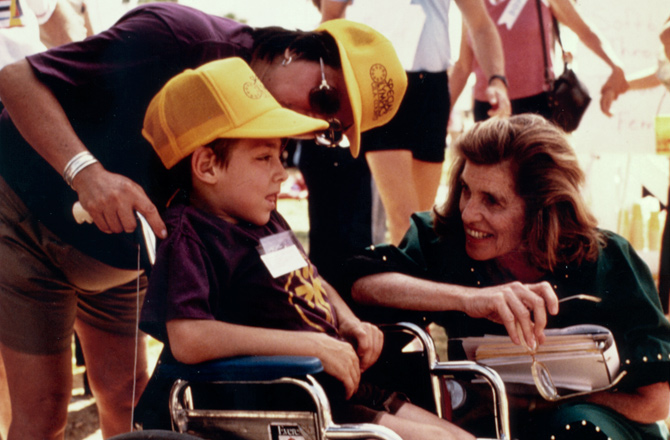
The huge tree with shriveled branches outside my window once cradled youth. As giant as it is even today, it has a past of dry winds and heat waves. Similar is the cue of people who have suffered crisis and distress. Pain and sufferings are amputation of emotions and a series of soul killings. Such aftermath leaves life at ground zero especially if the cause is a social stigma. Atrocities on women have been timeless. From ‘Devdasi’ (a form of celibacy practiced in ancient south India) that induced the culture of Institutionalized prostitution in India to sexual enrages in the political prisons of Iran to human trafficking in East Asia & Pacific to mass rapes in Congo, all narrate death trails. These women while suffering oppression due to illiteracy, poverty or political exile live with clogged emotions that brutalizes their life as each day passes by, unlike their physical injuries that have been long overcome. Their trauma, an incident when their shrine, the human body was sabotaged mercilessly with masculine force or when they were taught to gift themselves relentlessly as slaves to men owing to religious and social nuances is an illustration of their bleeding souls. The question then arises, can these emotions be repaired?
We all know pain is somber and needs an expression over and above compassion. To rise in pain is a state of mind and not just a verse of heart. Evoking sympathy, an act of sharing somebody’s feeling, something that we may or may not have ever experienced, is simply filling and not fulfilling. Sympathy may also be momentary and sometimes just not enough especially with victims of child abuse, and sexual traumas. It may even lessen the spirit of these victims to let go their emotions and may make them sheepish in the fight against their emotional exile. How would one sympathize with the six-year-old girl in the village of Kangra in Himachal Pradesh, India who experienced a sexual violation from her ten-year-old friend? The societal standards would try to console the girl, yet unbearably force her to live a life in shame. Isn’t then this a shame on the act of sympathy? I wonder how sympathy sometimes seems similar to the idea of implementing change in organizations, ‘open doors but closed minds’.
A holocaust of emotions, shivering and shaking prolongs for empathy. Evoking empathy is connecting to our true self through a virtual bridge of thoughts, feelings and actions, an expression that deeply helps us understand other’s intensity. It is sitting in one part of the world and crying like a child while listening to the woes of women experiencing shattered emotions in the other part of the world. Empathy may have several meanings but to me it is my inner voice to re-purpose life.
An empathetic person such as Nicholas Kristoff of New York Times doesn’t just cover stories of surreal apathy of women across the globe but besieges himself in the cause of preserving such existence. He shows empathy by rescuing two innocent girls from a brothel in Cambodia and frees them like a bird inside a cage. Similarly, when Azar Ale Kanan(http://www.youtube.com/watch?v=GC9fi6d6O7c), an Iranian political exile victim breaks her thoughtful silence and decides to fore go her absolution to let millions know of harsh realities in Iranian prisons, she shares empathy for similar women longing for freedom. Empathy in a way is divine. It tells you that supreme never created life so that emotions could be toyed. It unfolds multiple emotions to the truth that humanity in its diversity is an asset.
Time transitions each day, unfortunately our attitudes don’t. If empathy was in stride, women facing crisis across the continent wouldn’t hide in pain without complain. Moreover, parents or counterparts wouldn’t martyr for their daughters or wives or even tag them unholy as in some countries of the world. Every human has the right to survive in broad daylight and empathy is sharing such light. Being empathetic is to let our natural self evolve to explore our latent emotions to attune to our conscience. Empathy is an emotional bonding that can help humanity transition from darkness to daylight, a cause as significant as globalization. Not to end here and yet to begin, empathy is sabbatical, a time off for a heartfelt listening to several victimized women for bringing them from unrest to rest.
Photo Courtesy: photobucket.com



